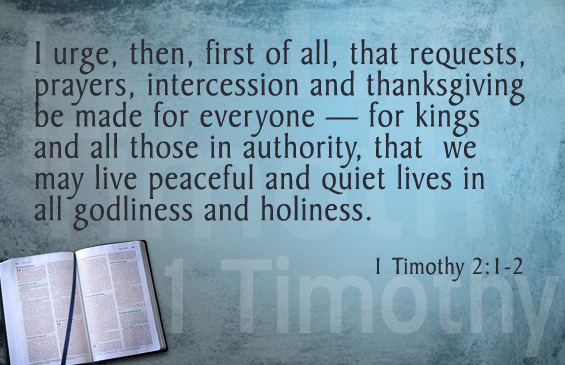Paul is finished with his call to prayer, but isn’t yet finished instructing Timothy about worship. In this week’s passage, he moves on to other matters. Take a peek at the two verses we’ll be looking at in 1 Timothy 2:9-10:

Paul begins here a section of his letter that has stirred many discussions over the years. He instructs Timothy on the role of women in the church.
And yet, before he talks about how women should serve, he addresses how women should dress.
He draws a very clear distinction between two realities: the inner versus the outer, much like Peter discusses in 1 Peter 3:3-4.
He calls women to dress decently. This probably isn’t referring to revealing or suggestive clothing, although that application certainly fits to our culture today. He is more likely referring to the “dressing up in order to show off” attitude that is also common in many places in our society today. When he refers to the braided hair, gold and pearls, and expensive clothes, he is suggesting that such extravagance completely fails to recognize that the inner person is much more important than the outer. Such an external display would prove to be a distraction in worship.






